What is a “Sustainable Diet”?
Recent data shows that our food systems contribute approximately 25-30% of global greenhouse gas emissions. They also drive 70% of water usage, are a major cause of deforestation, and significantly impact biodiversity loss. Reforming our food systems by adopting more sustainable farming practices and making mindful adjustments to our diets are critical for addressing these issues and mitigating climate change (UN Environmental Programme).
A significant portion of global greenhouse gas emissions stem from agricultural activities, particularly crop and livestock production. Livestock farming for products such as meat, eggs, and dairy contributes an estimated 14.5% of total emissions, largely driven by methane released from ruminant animals like cattle (FAO).
So should we all follow a plant-based diet?
While a more plant-based diet is undeniably positive for the environment, we don’t all need to completely eliminate meat from our diets – small adjustments can make a huge difference. For example, introducing one meat free day per week, is a great way to reduce your environmental impact. This plant-based recipe (Spinach, Sweet Potato & Chickpea Chana Masala) is a great alternative to meat-based recipes as it emits much lower carbon emissions per serving (3.25kg CO2 equivalents lower than using beef). Click here for more information on Foodprint, our automated carbon footprint scoring system that helps us measure the environmental impact of the food we consume.
To put this into perspective, boiling a kettle produces about 0.02kg of CO2 equivalents per use. To match the 3.67 kg of CO2 equivalents emitted by the beef curry recipe, you would need to boil the kettle roughly 180 times. So, if you think you’re not having an impact by making small changes, like swapping out meat for plant-based proteins a few times a week, think again!
What can we all do to eat more sustainably?
The EAT-Lancet Commission on Food, Planet, Health unites over 30 world-leading scientists from across the globe to establish the Planetary Health Diet, a comprehensive framework for what constitutes a "healthy and sustainable diet." This diet emphasises a plant-forward approach, where the majority of the diet consists of whole grains, fruits, vegetables, legumes, and nuts. It limits red meat, dairy, and processed foods and encourages moderation and balance to support both individual wellbeing and the health of the planet.
Here are some key points to take away from the advice of the EAT-Lancet Commission:
Meat can stay on our plate, but plants need to be the new main course. Take a look at one of our recent blogs Check Your Pulse for tips on how to incorporate more pulses/plant-based proteins in your diet
Variety and diversity in the fruits and vegetables that we eat is key
Plan your week ahead: meal planning and prepping will save time, money, and reduce food waste.
Think seasonal – if they grow together, they go together!
By making mindful choices in our diets, we can each contribute to a healthier planet and a more sustainable future. Let’s start today, one meal at a time.



